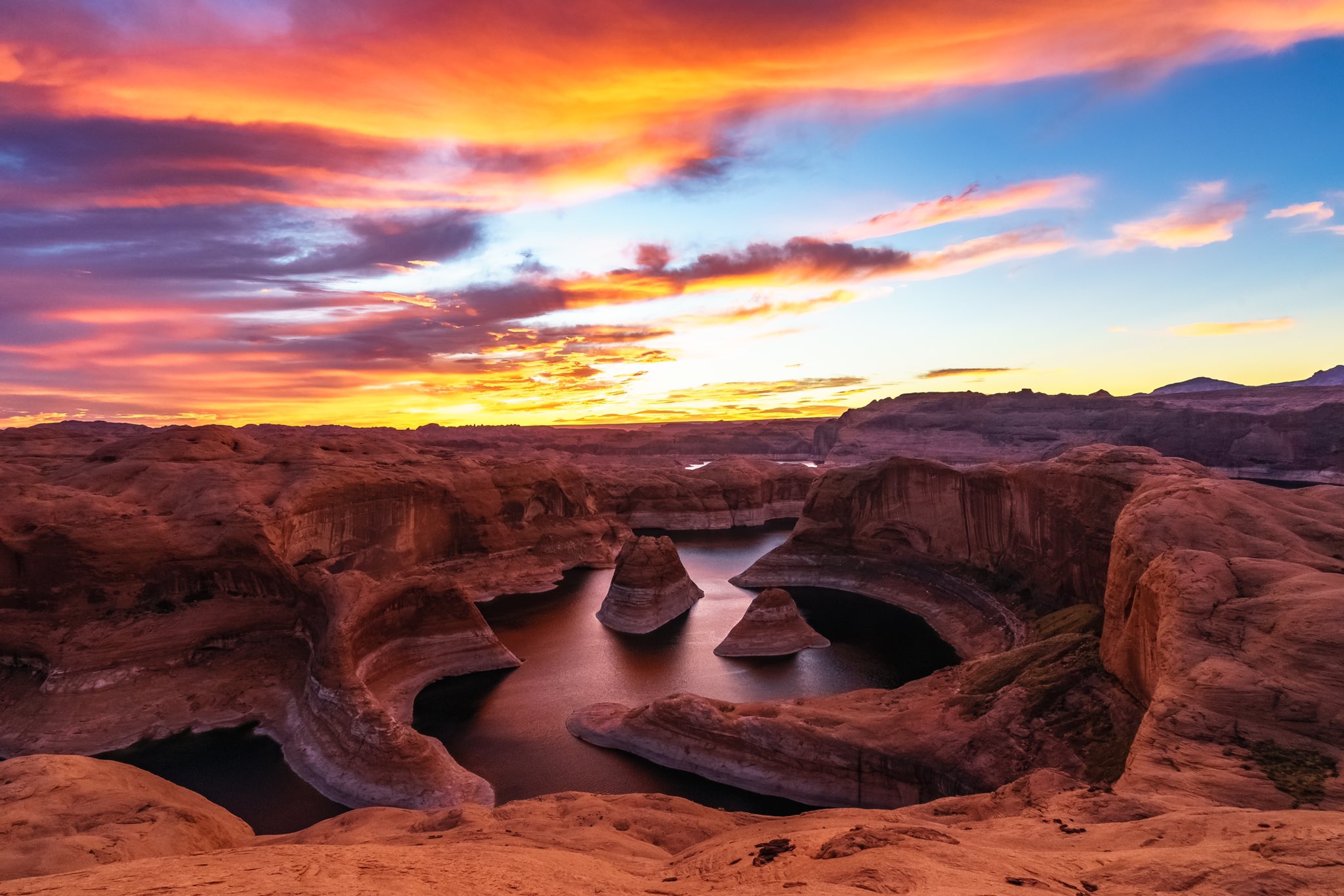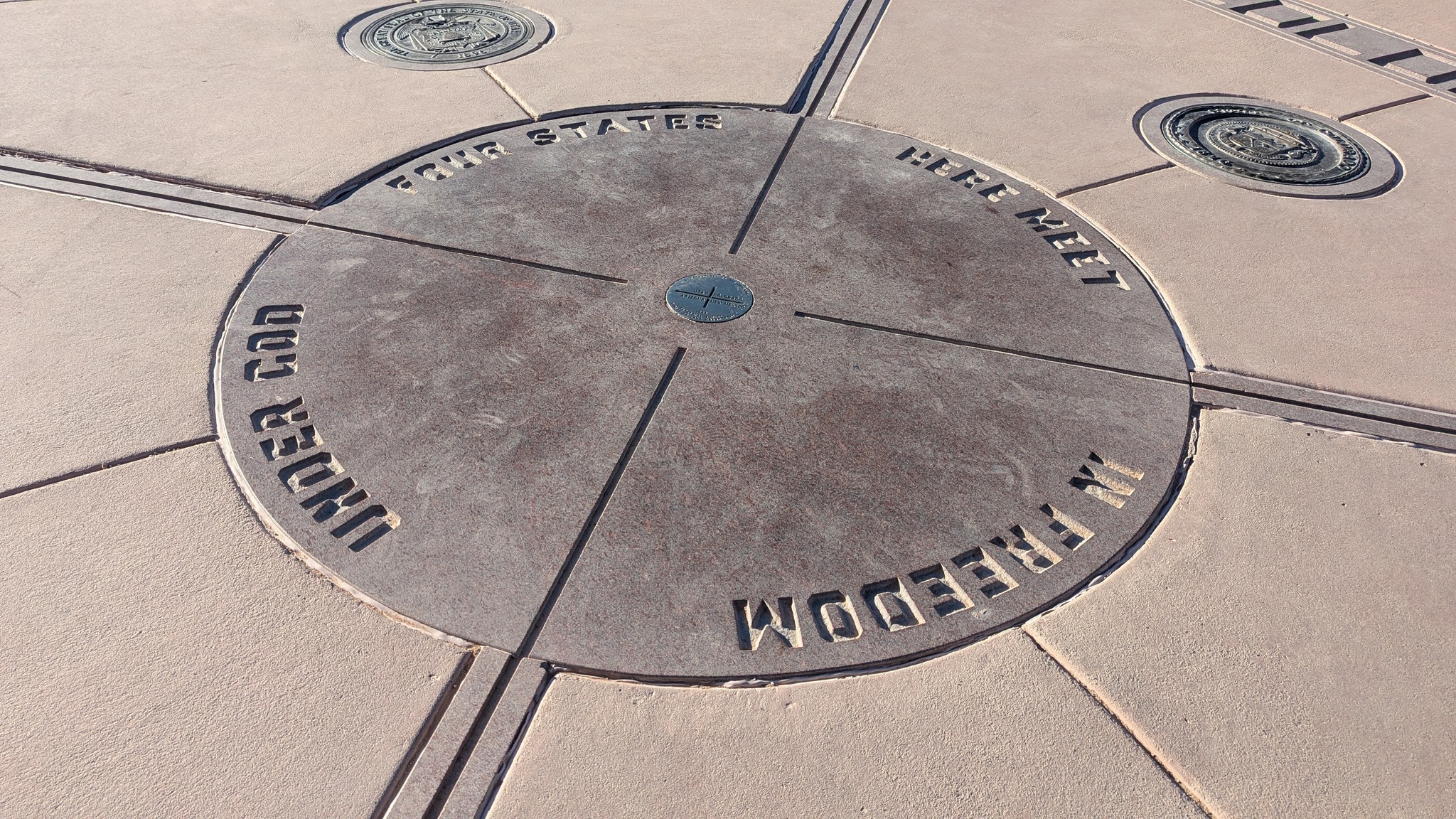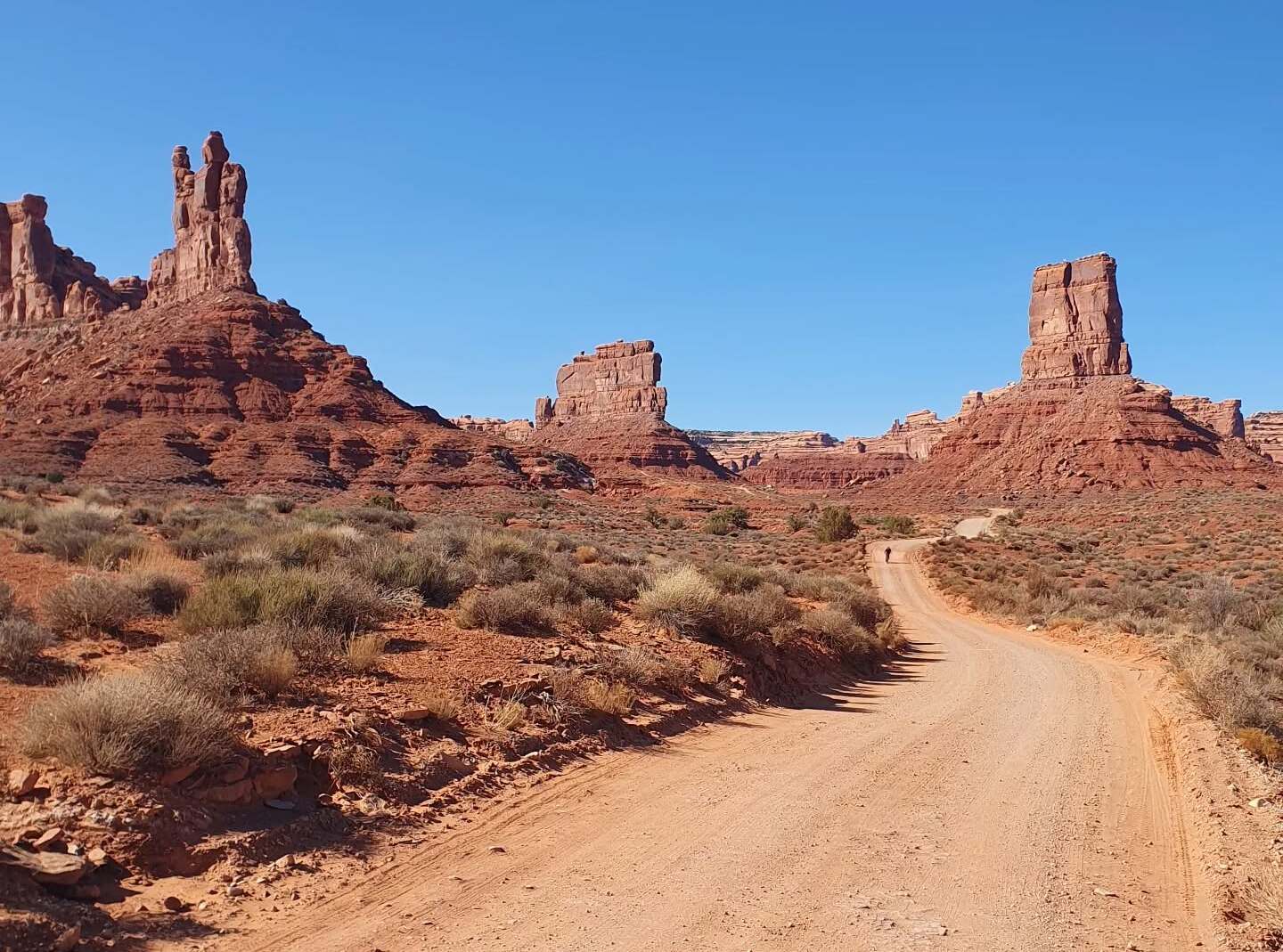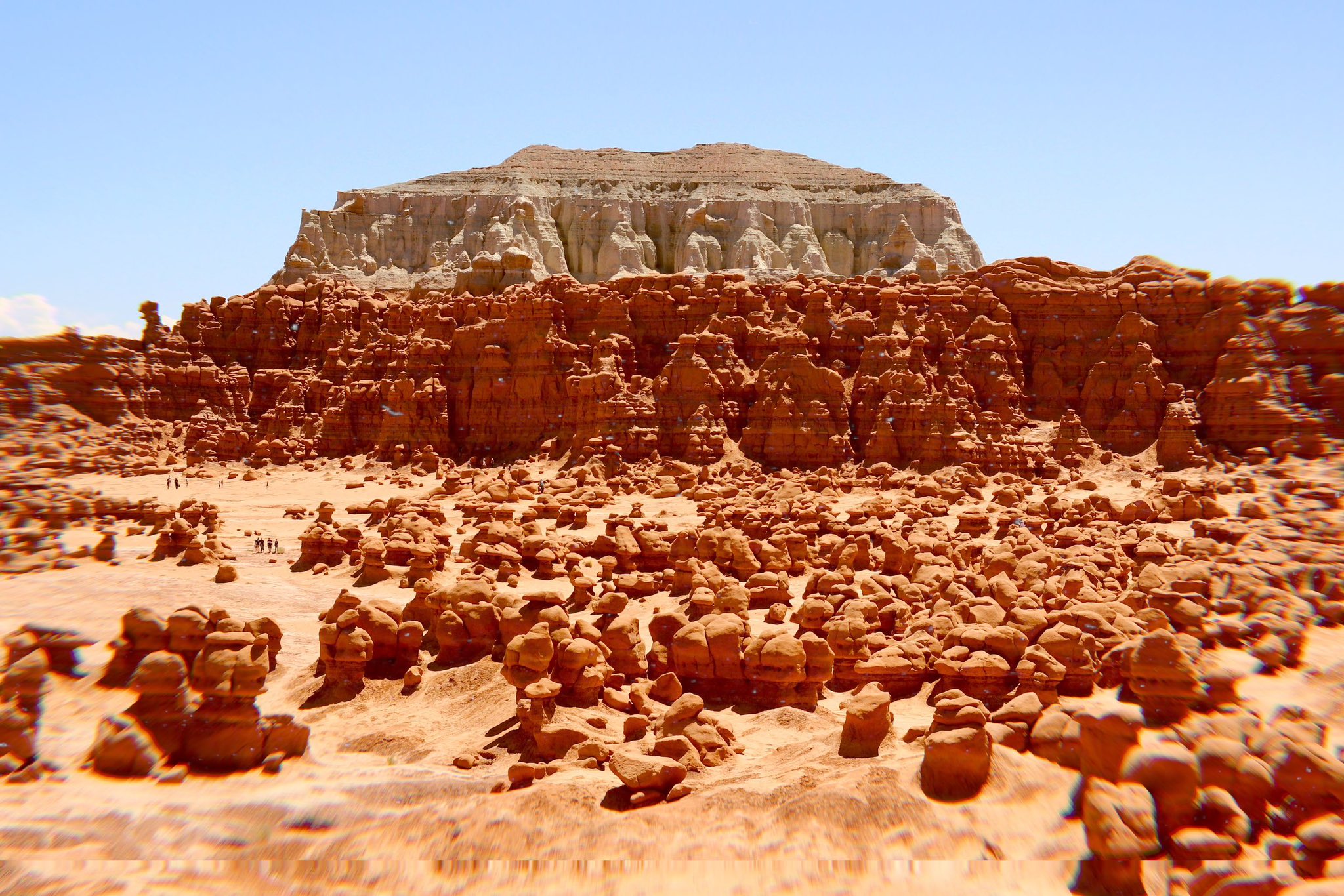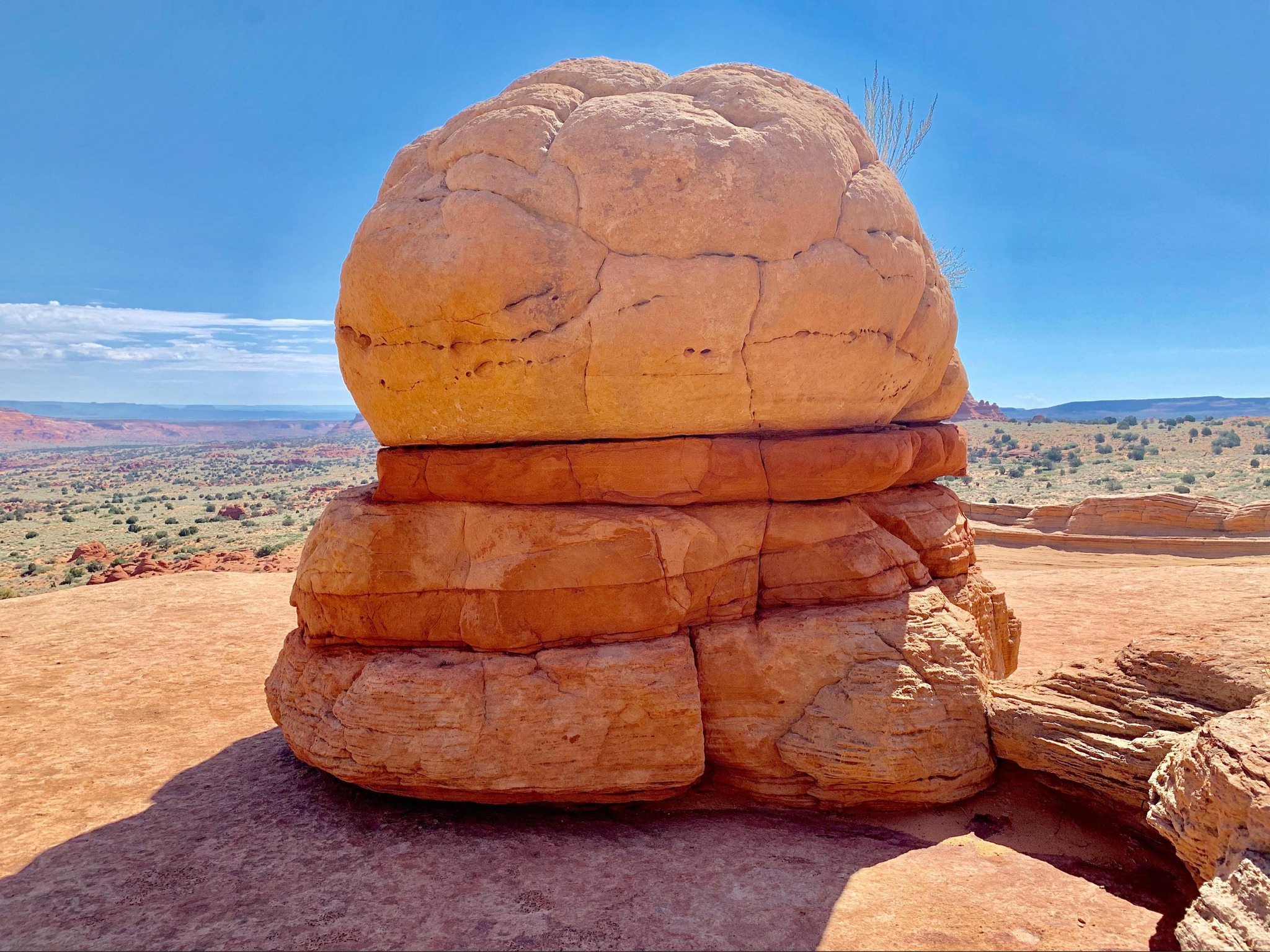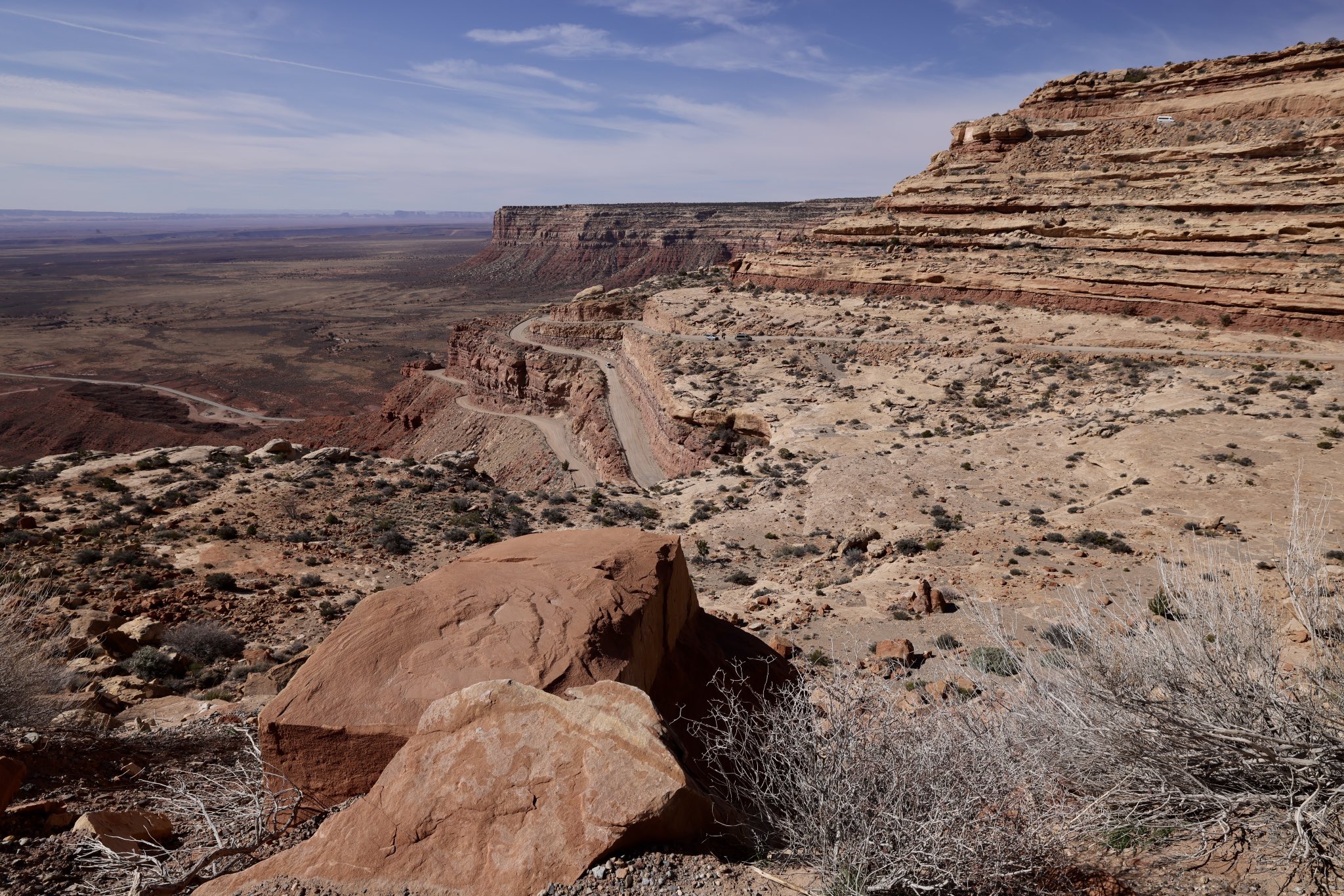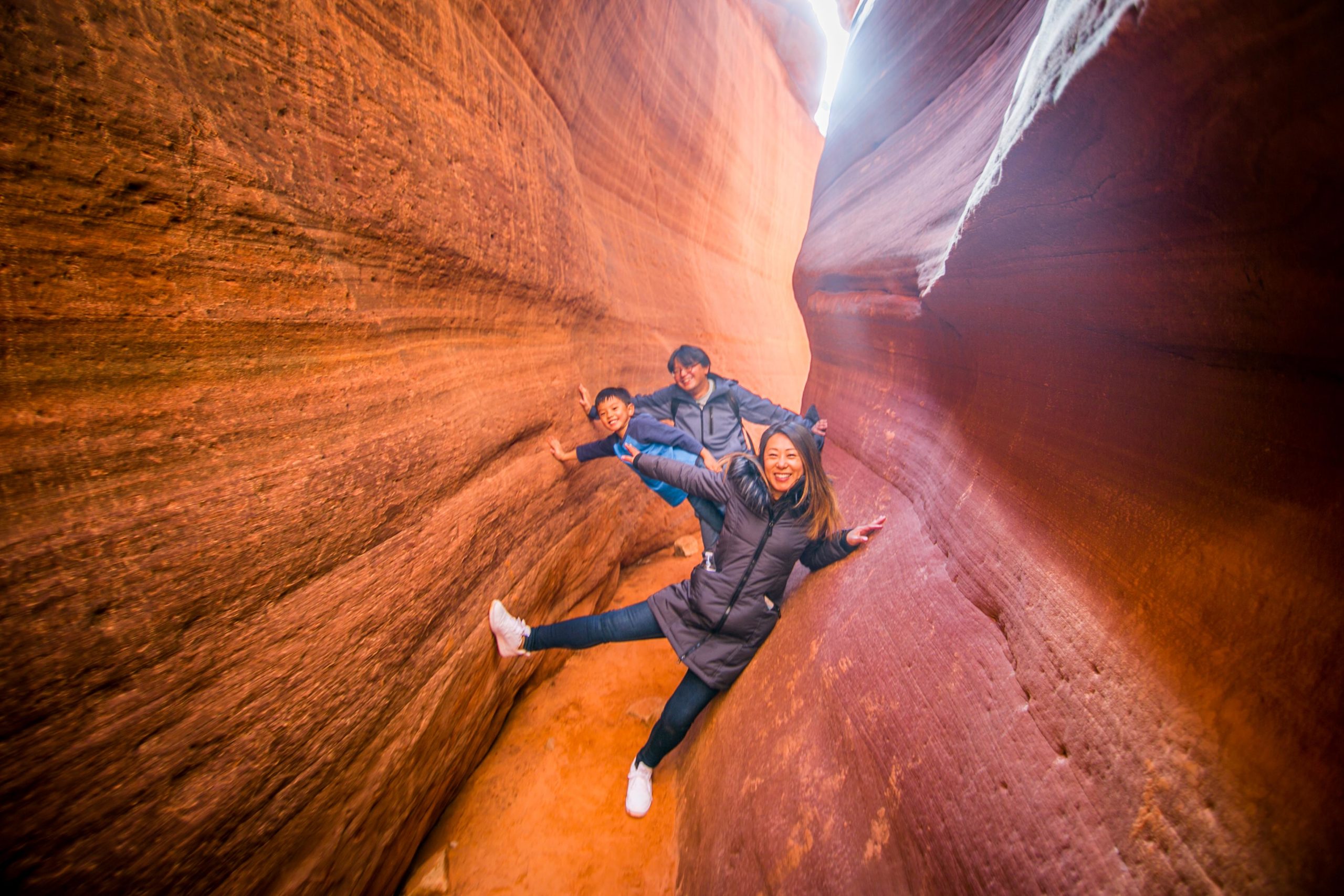
- October 12, 2025
- Traveller
- 0
Discover rare and fascinating facts about Utah canyon hikes — from ancient geology and indigenous history to modern flash flood risks, lesser-known slot canyons, and safety checklists.
Includes unique tables for better Google indexing. Utah’s canyons aren’t just jaw-dropping backdrops for Instagram — they’re living history, written in sandstone and water.
Below is a deep dive into the hidden stories, scientific curiosities, and modern-day challenges that make Utah canyon hikes unlike anywhere else on Earth.
Why Utah Canyons Are More Than Just Pretty Photos

Utah is home to one of the highest concentrations of slot canyons in the world — those narrow, twisting rock corridors carved by flash floods over thousands of years. Many of them are easy to access, but deceptively dangerous when rain strikes.
The History: How These Lands Were Protected
Much of southern Utah’s wild terrain — the Grand Staircase–Escalante region — was declared a National Monument by President Bill Clinton in 1996. That single act reshaped the region’s future, opening the door to scientific exploration and eco-tourism while limiting large-scale mining and development.
Geological Wonders Few Notice
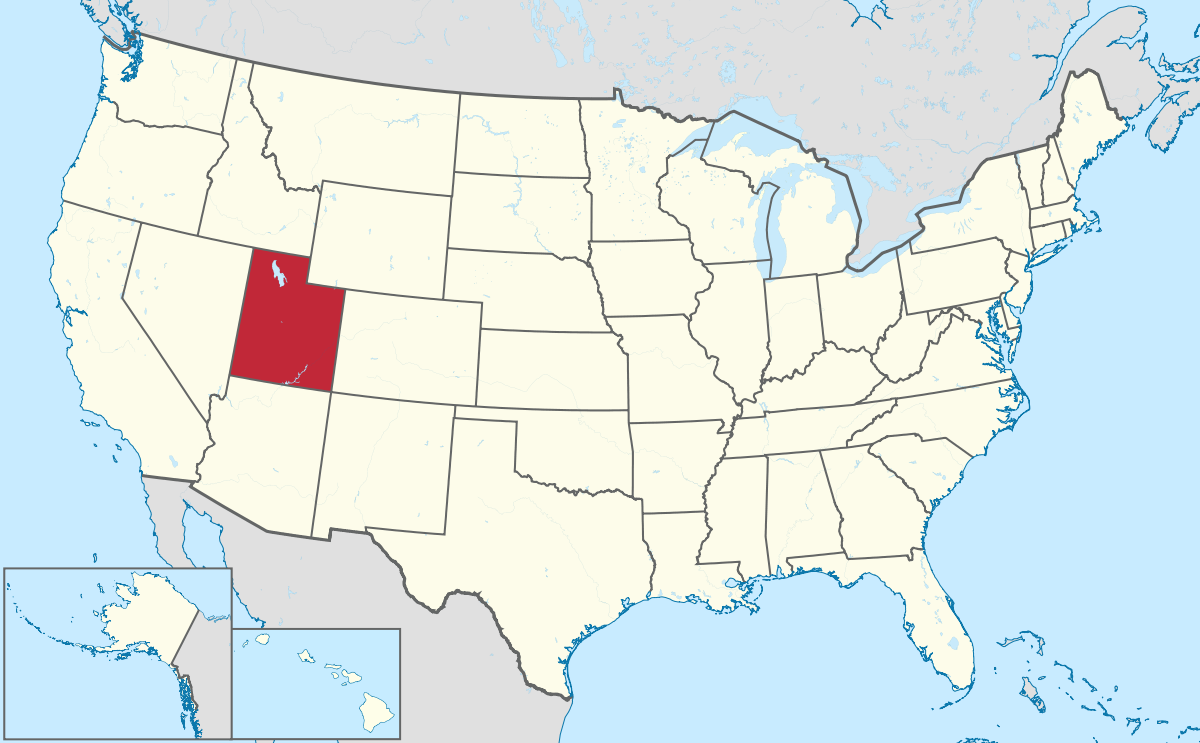
The Grand Staircase isn’t just a poetic name. It’s a literal staircase of rock layers spanning millions of years — a geological record of oceans, deserts, and ancient rivers.
The hoodoos of Bryce Canyon — those strange rock spires — aren’t “stone mushrooms” at all. They’re the result of ice wedging and erosion, a perfect balance of water, cold, and time.
The Modern Risks You Need to Know
Flash floods are the number one cause of fatalities in slot canyons. A storm that hits dozens of miles away can send a wall of water rushing through a narrow canyon in minutes. That’s why rangers often close trails even when skies are blue — it’s not overcautiousness, it’s survival.
Forgotten Footprints: A Hidden Human Story
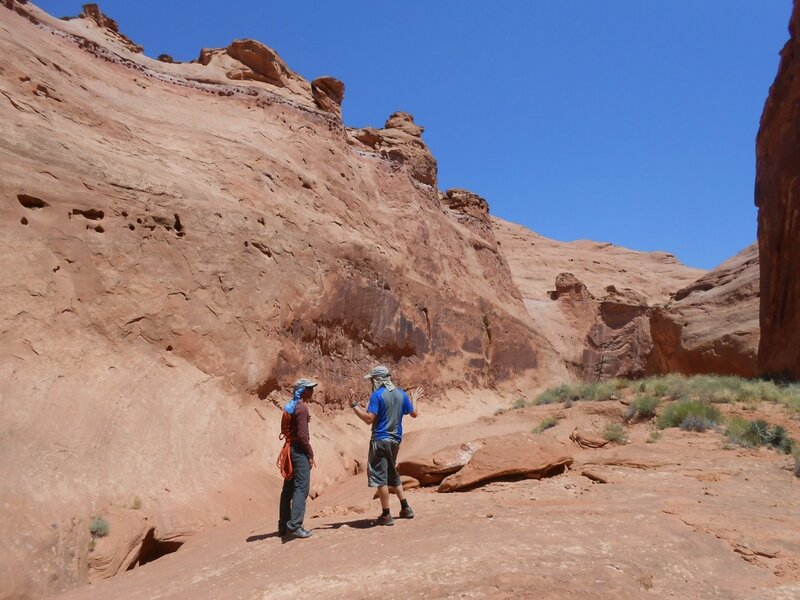
Long before hikers and Instagrammers, these canyons were home to Native American tribes, including the Ute people. Archaeologists have found pottery shards and ancient dwellings in side canyons rarely visited today — silent reminders that these landscapes were once full of life, not emptiness.
Little-Known Slot Canyons Worth Discovering:
| Canyon / Trail | What Makes It Unique | Best For |
|---|---|---|
| Kanarra Falls (Kanarraville) | A photogenic slot canyon with a waterfall at the end. Permits are limited. | Casual hikers, photographers |
| Peek-a-Boo / Spooky Gulch (Escalante) | Extremely narrow “snake-like” passages, some just inches wide. | Experienced hikers |
| Buckskin Gulch (Paria) | One of the longest slot canyons in the U.S., requiring endurance and planning. | Multi-day adventurers |
| Little Wild Horse / Bell Canyon | Perfect intro slot canyon — technical enough to be fun but not extreme. | Beginners + families |
| Hidden forks of Grand Staircase | Archaeological finds, rare rock formations, and a sense of timelessness. | Explorers, geology lovers |
Quick Safety Checklist Before Entering a Slot Canyon:
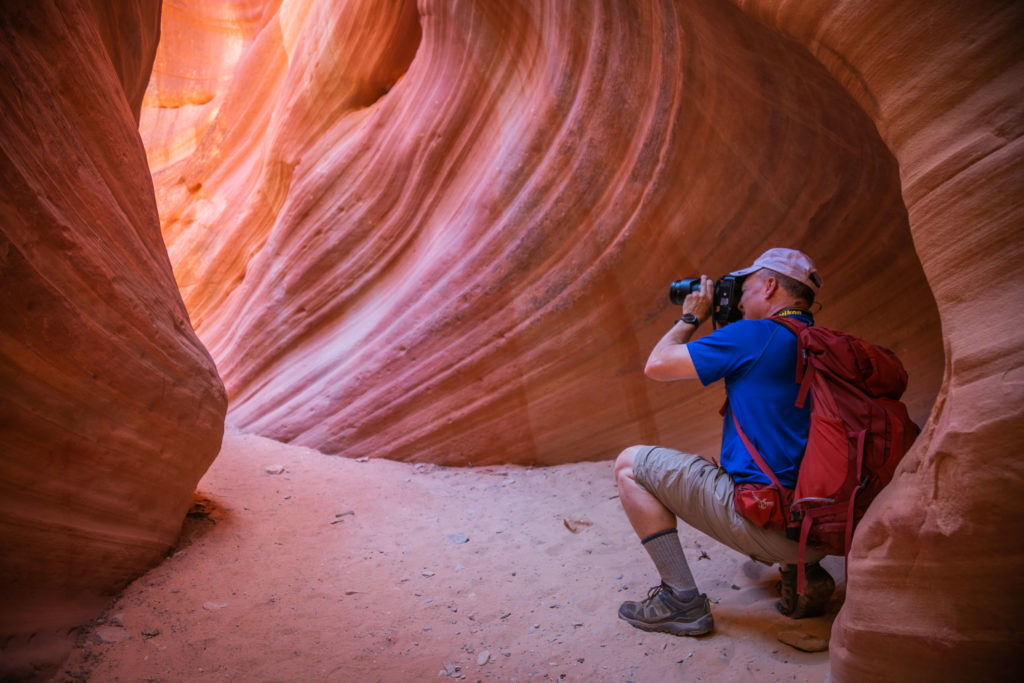
| Before You Go | Why It Matters |
|---|---|
| Check the rainfall forecast across the entire watershed | Storms miles away can trigger deadly flash floods |
| Confirm whether a permit is required | Many technical canyons are restricted-access |
| Tell someone your route and check-in time | Search & Rescue depends on accurate info |
| Bring a rope or harness for rappelling sections | Some canyons require technical descents |
| Avoid hiking if dark clouds or debris flow warnings appear | Rising water levels happen fast |
Fun but Little-Known Facts
Slot canyons are time machines. Their layered walls literally record millions of years of Earth’s climate history.
Color differences aren’t filters — they’re minerals. Iron, manganese, and even trace salts give each canyon its signature hue.
Canyoneering has reshaped modern park rules. The rise in accidents and rescues has changed permit systems and safety standards across Utah’s national parks.
Blogger’s Tip: My Favorite “First Slot” Experience
If you’re new to slot canyons, start small. Go early in the morning when sunlight hits the walls softly, turning sandstone into a glowing wave of color.
Bring a headlamp — even short slots have dark twists. And remember: those tight, 10-inch passages are both thrilling and humbling. The canyon doesn’t care how fit or brave you are — it just is.



